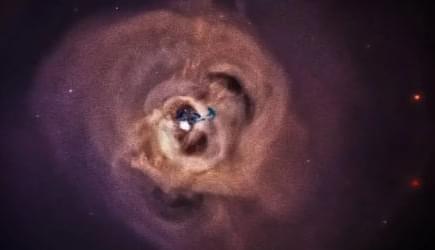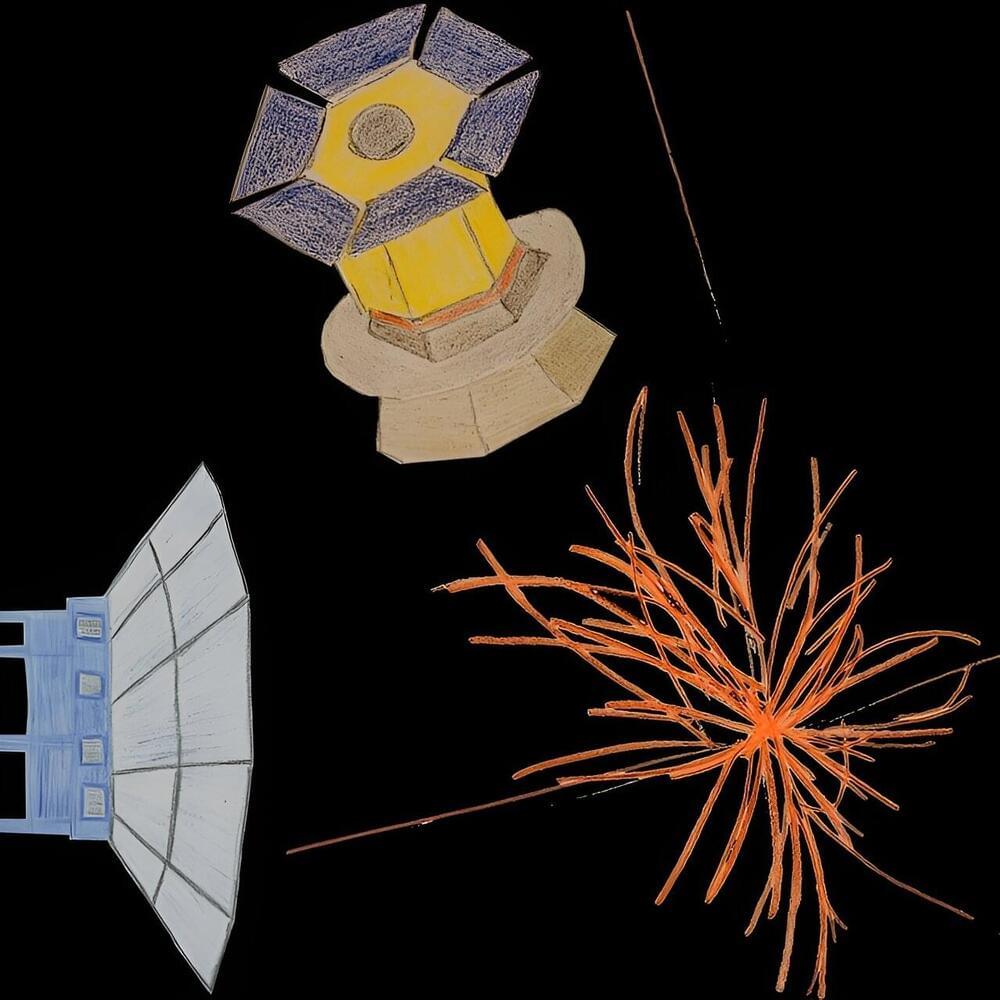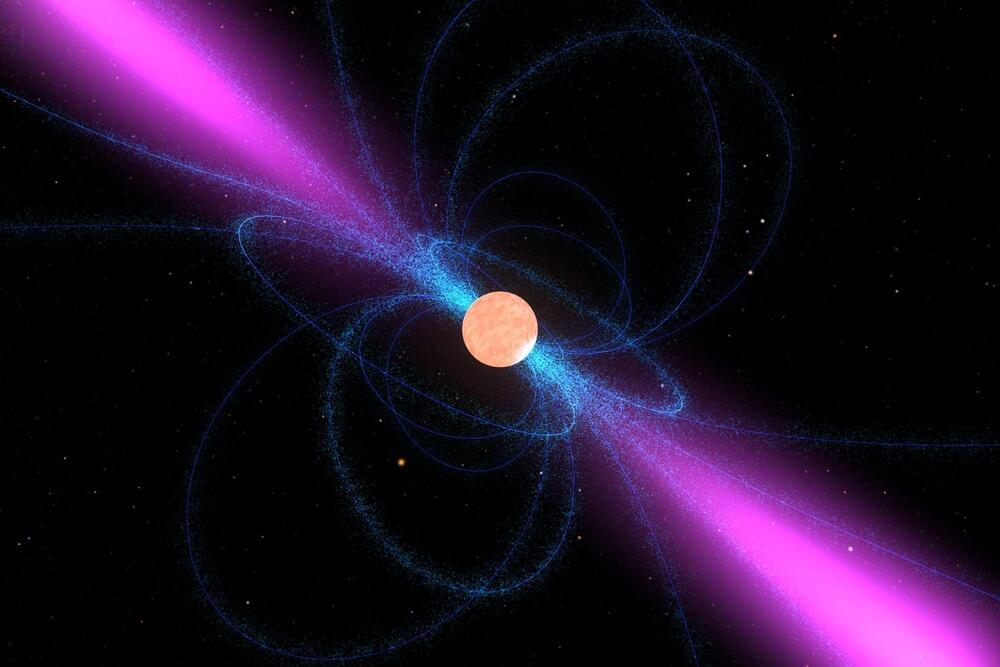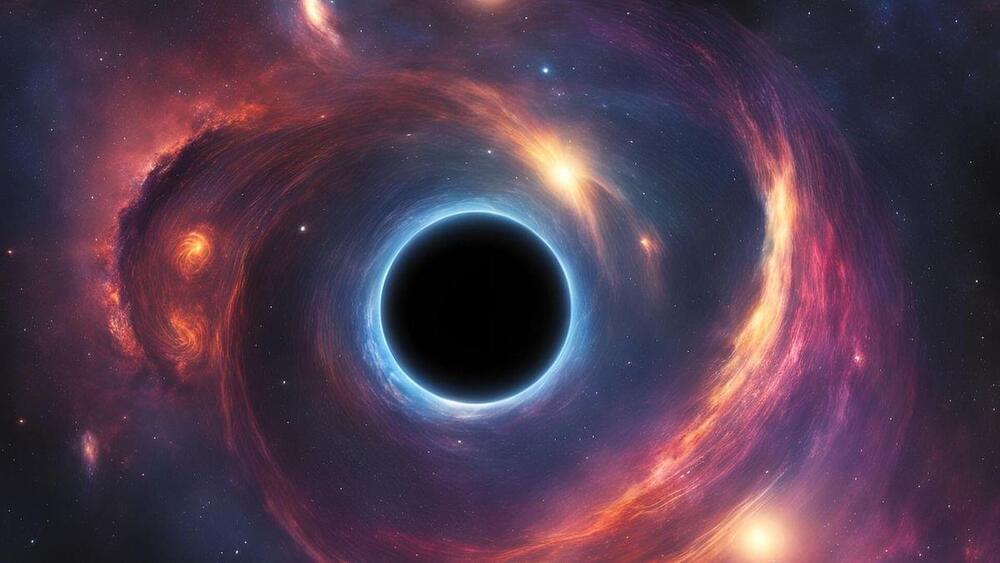On cosmological scales, dark matter so dominates the gravitational behavior of the Universe that, to first approximation, researchers can ignore the gravitational pull of visible matter when simulating the large-scale distribution of galaxies. Still, determining subtle yet important properties of the Universe, such as variations in the amount of dark energy, requires knowing the exact locations of the subatomic particles (baryons) that make up the Universe’s visible matter, as well as what these particles are doing and how they are interacting with dark matter. Now Tassia Ferreira of the University of Oxford, UK, and her collaborators have identified a statistical correlation between two observable features of the Universe that has the potential to reveal the extent of astronomers’ understanding of how baryons shape the large-scale structure of the cosmos [1].
The uncovered correlation is between variations across the sky of the amount of “cosmic shear” and the intensity of the diffuse background of cosmic x rays. Cosmic shear is the apparent warping of the shapes and positions of distant galaxies by the gravitational pulls of intervening clusters of galaxies and other large concentrations of matter. The x-ray background emanates mostly from hot, thin plasma held in the gravitational potentials of those same intervening structures.
Ferreira and her collaborators found that the cosmic shear and the x-ray background are strongly correlated. This correlation is unsurprising given that both features are manifestations of the same dark-matter structures. But the researchers also found that the baryons’ locations influenced how well various physical models reproduced the correlation. One important factor is the amount of plasma (which is made of baryons) that supermassive black holes expel into intergalactic space.




